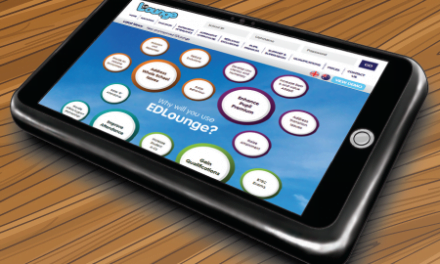Make sure your students are re-engaged
Reading time: 3 minutes
Students have not been engaging with education during lockdown, so schools have a responsibility to make sure students are re-engaged.
The NFER found that a third of pupils are currently engaged with education. 90% of teachers have said that their pupils are doing less than they would normally produce.
The reasons for the lack of engagement are varied. However, schools have a responsibility to provide an education which is engaging for their pupils whether they are inside school or learning from home. This blog post can help.
Read More



















